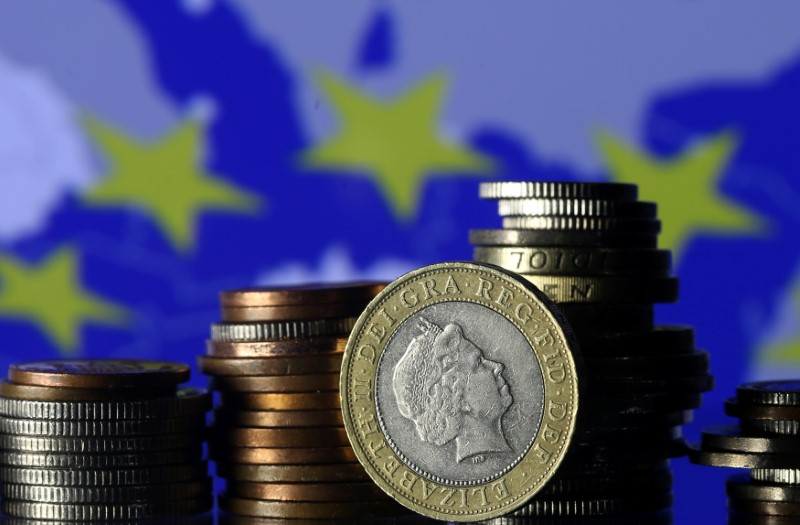By David Milliken
LONDON (Reuters) – Britain should be prepared to scrap all tariffs on imports unilaterally when it leaves the European Union to give consumers and the broader economy a boost, even if it hurts some businesses, economists who favor Brexit said on Thursday. Britain’s government has said it wants to reach a free-trade agreement with the EU when it leaves the bloc, which is likely to happen in just over two years’ time, and finance minister Philip Hammond has rejected any unilateral action by Britain. Britain currently enjoys tariff-free access to EU markets. But if it failed to reach a deal with the bloc, both sides would probably adopt the standard tariffs which the EU imposes on countries that are part of the World Trade Organisation. Before Britain voted to leave the EU in June, the country’s finance ministry estimated this outcome would lead to the economy growing 7.5 percent less than otherwise over 15 years, although its forecasts for a short-term hit have proven wrong. Economists for Free Trade, a group of academics and business economists that called itself Economists for Brexit before the referendum, reiterated its view that tariffs were self-defeating.
Even if Britain could not retain tariff-free access for exports to the EU, it would not benefit from imposing “tit for tat” tariffs on EU imports, said Patrick Minford, professor of economics at Cardiff University and the group’s chair. “It sounds counter-intuitive, but it’s like you get into a fight in the streets, and someone says ‘I’m going to do you!’ Do you say ‘I’m going to do you’ …? I would suggest you walk away,” Minford said at a briefing for reporters. Minford – who was an early supporter of Prime Minister Margaret Thatcher’s free market policies in the 1980s – said Britain should use leaving the EU as an opportunity to scrap all import tariffs it is currently obliged to impose on goods from outside the bloc. This would lower prices for consumers by 8 percent and boost the size of the economy by 4 percent, he estimated.
Before the referendum, Economists for Brexit said the option of resorting to WTO tariffs would be positive for Britain’s economy and Thursday’s study took the argument further by contemplating Britain having no tariffs at all. Most academic economists largely see negative consequences for Britain’s economy from Brexit, arguing it is much easier to trade with neighboring countries than further afield.
Finance minister Hammond said in December he opposed unilaterally scrapping tariffs, as it would hurt Britain’s bargaining position in trade talks and would be too big a shock to business and to staff employed by less competitive firms. Britain’s large car industry would be vulnerable to a decision to scrap import tariffs if the EU did not do likewise because the bloc imposes a 10 percent duty on cars.
Minford dismissed Hammond as “economically illiterate” and said Britain was flexible enough to cope if some exporters could not compete on world markets and went out of business.
(Reporting by David Milliken; Editing by William Schomberg and Alison Williams)
Pro-Brexit economists urge UK to unilaterally scrap tariffs

By David Milliken
















